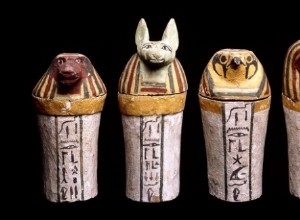The city of Moscow is the capital and largest city in all of Russia. It has a history of more than 800 years that involves numerous remarkable events. Moscow, in addition to being the capital of Russia, it is the largest and most important city in that country. The capital of Russia has 12.3 millio




